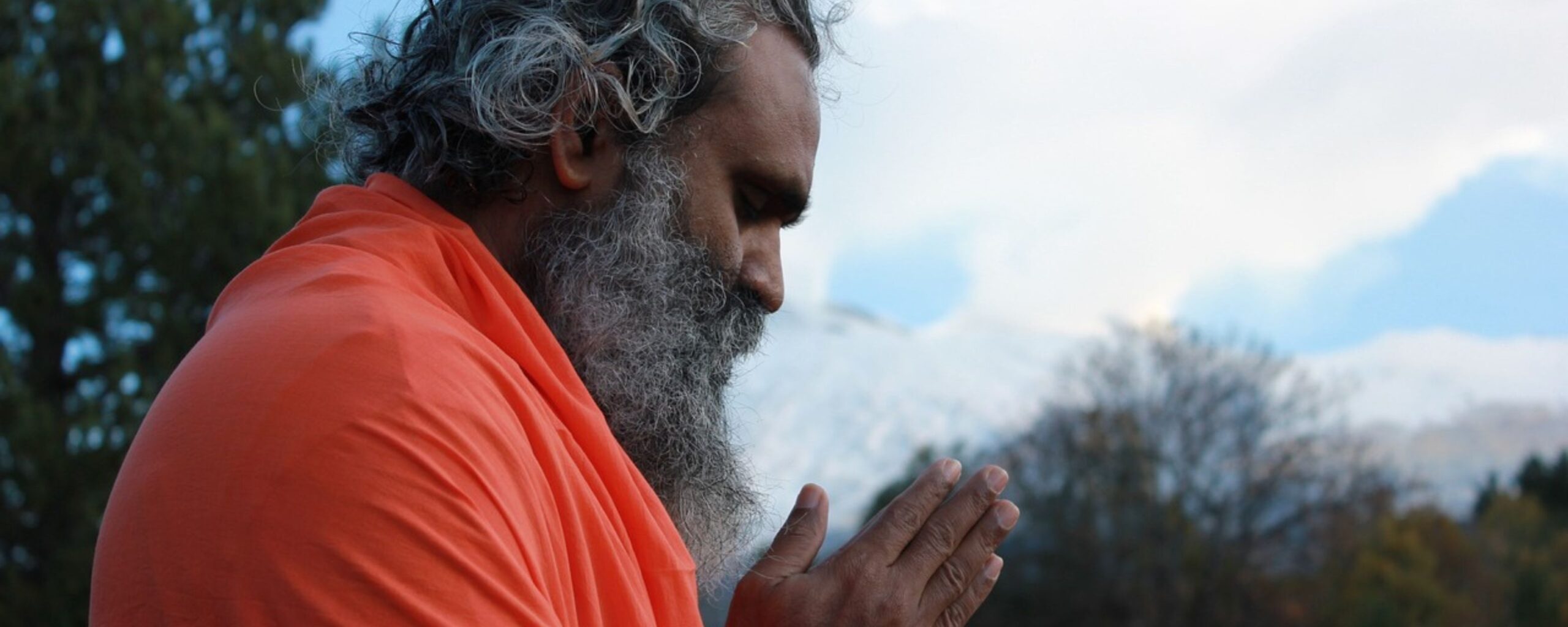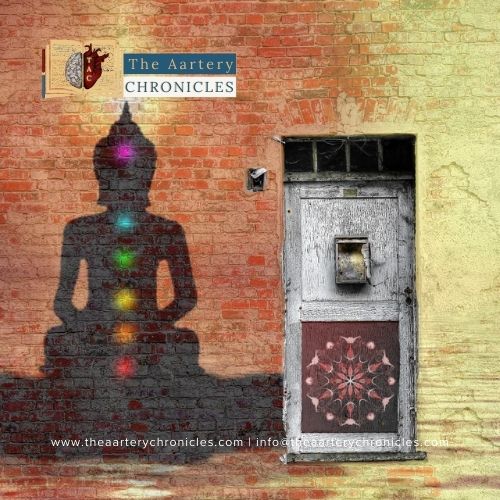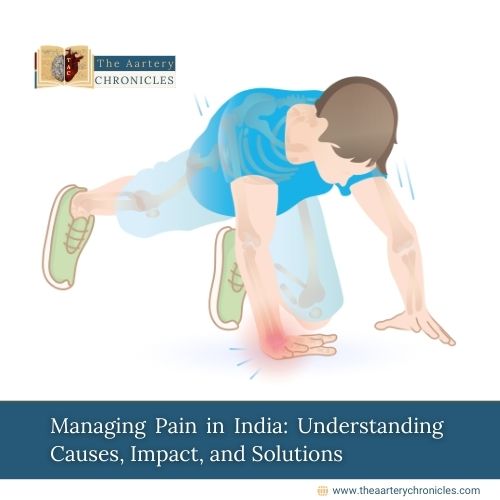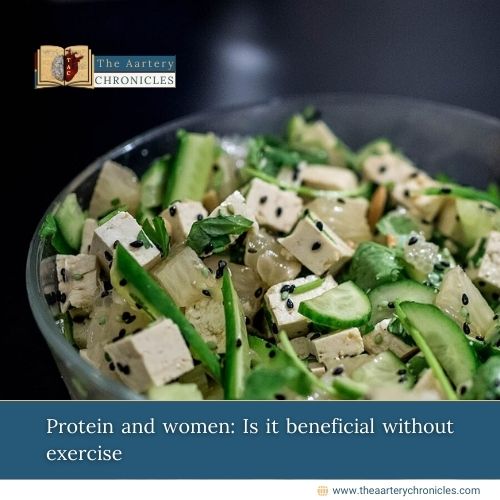

Living with Gratitude: Lessons for a Fulfilling Life
Overview
“Thank you- God for the world so sweet, thank you God for the food we eat, thank you God for the birds that sing, thank you God for everything” – this is a small prayer that we learned in school. How many of you remember it? My question is – how many of us still remember to be thankful or grateful even today?
Gratitude is a feeling that shows our appreciation towards someone or something, a reciprocation of a kind act done to us. This kind of act can be some assistance, gifts, favors, or any other generosity. The word gratitude is derived from the Latin word “gratus” which means “thankful or pleasing”.
For example: Your friend brings a board game for your children. After receiving it, don’t you remind your children to thank your friend? This is a common scenario, where we patiently teach our children to acknowledge the donor, of their gifts, with gratitude. Gratitude has to be nurtured over time so that when your children become adults, it becomes second nature to them. They should not have to think twice before expressing their gratitude. This is the mark of a good human being. Something like the term “being human “, you think?
Psychological fact
Dr. Robert Emmons, an American psychologist and professor at UC Davis, is the founder editor, and editor-in-chief of The Journal of Positive Thinking. He has carried out extensive research on the psychology of gratitude and joy which are related to our well-being. According to his research, gratitude is defined as “a two-step process: (1) “recognizing that one has obtained a positive outcome” and (2) “recognizing that there is an external source of this positive outcome”. In other words, we feel good about a good deed done to us and that countless small and big acts lead us toward achieving goodness in our lives.
One of the key components which form a vital part of our life is the feeling of gratitude. Anything, big or small, that makes a positive impact on our lives and which makes us feel good, should be thanked. It could be someone who held the door of the lift for you; a colleague who got you that much-wanted cup of coffee (without you asking) when you were swamped with work with no time to look up from your laptop; or someone who suggested a job opportunity, the interview of which, you aced; or your cook/house-help who prepares your favorite snack (without you asking – yet again); life is full of such actions that we experience. So, isn’t it prudent for us to reciprocate these acts by expressing our gratitude? All we need to do is say thank you. It is as simple as that!
Lord Buddha, said “There are two kinds of people who are hard to find in the world;” “The one who is first to do a kindness, and the one who is grateful and thankful for a kindness done.” This means we should try to be both kinds. We should be kind to others and be grateful for any kindness done to us.
Benefits of gratitude
A) Psychological health: Practicing Gratitude is beneficial for our psychological well-being.
- Calming effect: Practicing gratitude over a period, makes it a habit. It relieves us of anxiety, stress, and depression and makes us happier and calmer. You will be amazed by the difference you feel. E.g. You had a tough day at work, and are too stressed. When you return home, you see a parcel waiting for you. When you open it, you see that it is the book you had long been searching for, as it was out of stock. Your father managed to get a copy for you. The elation that you will feel for the book and your father (of course!) is priceless. This gesture made you forget all the horrible stress that was eating you up. It is at this time that you need to tell your father “Thank you, father.” We often tend to overlook the fact that there are so many people associated with us, who go out of their way, just to bring a smile to our face. Let us acknowledge all these people with gratitude. Of course, the next day it is back to the stress. But the reprieve was much deserved.
- Resilience: Expressing gratitude for such kind and loving acts calms us and makes us recall the good moments of that day and forget the not-so-good moments for a while. It makes us more resilient to face any situations that come our way.
- Positivity: We feel positive energy and our negative thoughts are curtailed. We no longer feel emotions like envy, anger, resentment, frustration, hatred, ridicule, fear, etc. The feeling of gratitude releases the brain chemicals i.e. serotonin and dopamine that make us happy.
- Boosts self-confidence: Our self-esteem and self-confidence are boosted. We feel motivated to “do good unto others” similar to the good they did to us. The positive thoughts make us focus on certain aspects that we may have missed out on (due to the negative emotions) and this may make us more productive.
- Enhances forgiveness: Practicing gratitude makes us more forgiving as well as optimistic, enhances our emotional intelligence, and activates the Big 5 personality traits (extraversion, agreeableness, openness, conscientiousness, and neuroticism).
- Manage depression: Gratitude practice makes us provide support to a depressed person which helps to reduce their stress-inducing hormones and increase their feel-good hormones. This helps to manage their depression as well as improves the personal relationships of the depressed person.
- Overcome addiction: Persons who suffer from substance abuse (drugs, alcohol, tobacco, etc.) think only about their “next fix” and how they will get it. In rehabilitation centers, these addicts are made to practice gratitude which makes them humble and approach their lives with a positive outlook.
B) Physical health: Practicing gratitude is also beneficial to our physical well-being.
- Lower blood pressure: Gratitude helps to lower blood pressure. Emmons states that gratitude is a good form of medicine. As proven by clinical trials, individuals who have a more grateful attitude are health-conscious i.e. they avoid smoking and alcohol consumption, exercise regularly, and eat balanced meals, all of which neutralize the blood pressure of patients with hypertension.
- Sound sleep: Nurturing the feeling of gratitude throughout the day elevates positive thoughts, especially before sleeping, leading us to sleep soundly and uninterrupted. It is recommended to write or think about all the good things that happened during the day, which makes you feel good and peaceful. This calm feeling relaxes your brain and you can sleep well. Alleviates aches, pains, and inflammation: Stress and anxiety are often associated with physical aches, pains, and inflammation. The regular practice of gratitude soothes us and calms us. We can attune our mind to think positively and this makes us energetic and raring to go! It is tried and tested- a calm mind removes all stress and anxiety-related aches, pains, and inflammation.
- No more overeating: Picture this: you are at the dinner table. Close your eyes and be grateful that you have a meal to eat, a chair to sit on, a table on which the meal is kept, hands to eat with, tongue to taste with, and throat to swallow with. You will be so focused on this, then you will tend to overlook that the dessert you crave is not available. This gratitude that you experience will make you satiated in part and will make your body resist the urge to eat more. Therefore, you can curb overeating which will prevent the onset of lifestyle-based illnesses like hypertension, diabetes, obesity, gastrointestinal issues, and gut issues, to name a few. Somewhat like mindful eating, where you do not over-eat.
- Immunity boost: Gratitude also improves our immune functions thereby minimizing the risk of contracting illnesses. We are eating healthy, exercising, sleeping soundly and the calming effect of gratitude is an add-on. All of these boost our immunity and we feel on top of the world.
- Regulating blood sugar: Studies have shown that practicing gratitude tends to lower the blood sugar levels in our body by decreasing the level of Hemoglobin A1c by 9-13%. Wow!
- Longevity: Gratitude is a positive emotion that improves our wellbeing. This mitigates the risk of contracting heart disease and death risks. The optimistic approach lessens the risk of heart disease by 9%. Studies show that the biomarkers of inflammation are reduced by 7% among patients diagnosed with congestive heart failure (UC Davis Health, 2015).

How To Practice Gratitude
Psychological health and physical health are co-related. It is in our best interests to keep them both balanced for a happy and healthy life. There are scientifically proven exercises that we can practice to improve our power of gratitude.
- Gratitude Journal: Studies show that writing a gratitude journal where you note the positive activities that occurred during the day, week, or month conditions your brain to appreciate the things that you are grateful for. (Oppland, 2020)
- Visual reminders: Visuals are great reminders of things that we should be grateful for. Taking a picture of things that we appreciate in our lives, helps us visualize and fortify gratitude. (Oppland, 2020)
- Gratitude in relationships: We often overlook the small gestures that are present in our relationships with our spouse/family/friends/relatives. To show our appreciation for them, we should thank them more often as this will strengthen our relationships.
- Letters of gratitude: Writing a letter or note of gratitude to at least one person a week has a positive impact on our mental health. These letters or notes are addressed to any person who has inspired you and this increases your happiness and gratitude quotient. (Oppland,2020)
There are certain other ways by which we can harness our minds to feel gratitude in given situations. Namely :
- Gratitude Jar: In a jar, add small notes mentioning the things that you are grateful for each day.
- Treat: You can treat yourself with your favorite snack/candy bar.
- Compliment: You can thank or compliment the people you meet during the day – family, friends, colleagues, strangers you meet in transit, house-help, neighbors, anyone that you come across that day.
- Mindfulness: Practicing Mindfulness makes you more aware of yourself and your surroundings. Live in the moment!
- Reminders: You can place post-its in and around your home/place of work that remind you to be grateful or you can also keep a notification alert on your digital devices.
Often, we tend to ignore the good intentions of someone because we are so preoccupied with ourselves, without realizing how sad they will feel. Employers should show their gratitude towards their employees, who will thus be motivated to work with satisfaction. Co-workers should motivate and thank each other for all the assistance received from each other. This will make the workplace a positive and peaceful place and enhance the productivity of the institution.
Let us show our gratitude to the service providers like house-help, office help, janitors, security staff, housekeepers, cooks, grocery storekeepers, milkmen, postmen, drivers, Government officials, policemen, etc. A smile, a thank you, a small token of appreciation, anything! These are persons who are striving with great effort to make a decent living for themselves and their families. They too get stressed and anxious, like us. So let us be grateful for them for making our lives so manageable and easier.
Let us be grateful for Mother Nature for all her boundless beauty and natural resources, the marine life, the animal life, the green cover, the home, the building, the society, the road, the city, the state, the country, the continent, the earth, the universe, the galaxy, the sun, moon, stars, planets – all of Nature’s beauty, that make us realize how minute we are and how awesome the whole of God’s creation is.
Let us be grateful for our parents, children, teachers, friends, family, and all those who touch our lives in any way.
Let us be grateful for everything that we possess – our mind, our body, our intelligence, our thoughts, our emotions, our feelings, our digital and non-digital devices etc. etc. The list is endless.
We have a whole lot to be grateful for and we should inculcate this habit in our children as well so that they grow up to be good, responsible, and grateful citizens. Let us re-learn the etiquette of expressing our gratitude. Let us pause for a couple of seconds, look up from our digital device, and thank the person, with a smile on our face. 😊
How about a fun task? Today, say thank you for 50 things you are grateful for – could be God, people, places, devices, or anything! I tell you from experience, that you will feel 50 is not enough. There are countless things to be grateful for. Try it and leave a comment as to how many things you thought of.
Finally, a big thank you to you, dear reader, for reading this article, and a big thank you to the entire team and all associated with our website www.theaarterychronicles.com









